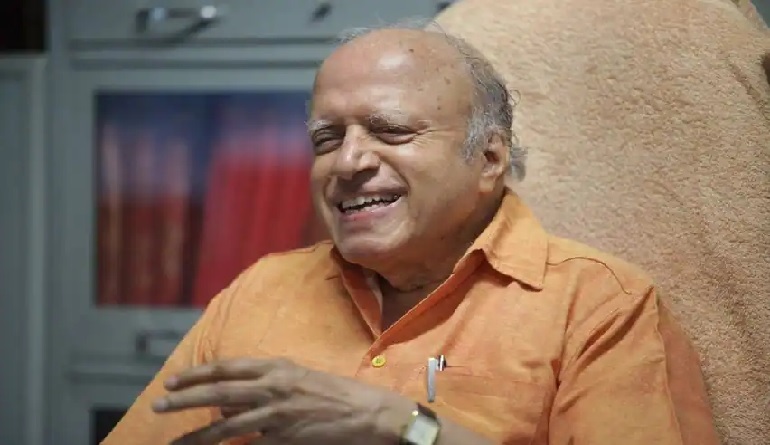
ATM News Network: Dr. Monkombu Sambasivan Swaminathan, often referred to as M.S. Swaminathan, is a renowned Indian agricultural scientist who played a pivotal role in transforming the agricultural landscape of India through the Green Revolution. Born on August 7, 1925, in Kumbakonam, Tamil Nadu, he is celebrated for his unwavering dedication to improving food security and alleviating hunger through innovative agricultural practices.
Dr. M.S. Swaminathan's life and work are a testament to the transformative power of science and dedication to a noble cause. His pioneering efforts in the field of agriculture have not only ensured food security for millions of Indians but also inspired future generations of scientists to work towards sustainable and eco-friendly agricultural practices. As the Father of the Green Revolution in India, M.S. Swaminathan's legacy continues to shape the nation's agricultural landscape and remains an enduring symbol of innovation and progress.
Early Life and Education:
M.S. Swaminathan's journey towards becoming a distinguished agronomist began with a strong educational foundation. He pursued his Bachelor's degree in Agricultural Sciences from the prestigious Indian Agricultural Research Institute (IARI) in Delhi. Subsequently, he completed his Master's degree in Genetics and Plant Breeding from the University of Wisconsin-Madison in the United States, followed by a Ph.D. in Agricultural Botany from the same institution.
The Beginning of a Remarkable Career:
Returning to India in the early 1950s, Swaminathan embarked on a journey that would reshape the country's agricultural destiny. He joined the Indian Agricultural Research Institute and later held key positions in the Indian Council of Agricultural Research (ICAR). His work primarily focused on the breeding of high-yielding crop varieties that could help address the persistent issue of food scarcity in the country.
The Green Revolution:
The defining moment in M.S. Swaminathan's career came during the 1960s when he collaborated with other scientists, including Norman Borlaug, to introduce the Green Revolution to India. At a time when India faced recurring food crises and the threat of famine loomed large, Swaminathan's dedication and vision were instrumental in developing and implementing high-yield crop varieties, particularly wheat and rice.
The Green Revolution brought about a dramatic increase in crop yields, primarily due to the cultivation of these high-yield varieties, improved irrigation practices, and the use of fertilizers and pesticides. It not only averted the looming food crisis but also turned India into a self-sufficient nation in terms of food production. Swaminathan's tireless efforts earned him the moniker "Father of the Green Revolution in India."
Contributions and Legacy:
M.S. Swaminathan's contributions to Indian agriculture extend far beyond the Green Revolution. He played a significant role in advocating for sustainable agricultural practices, emphasizing the importance of ecological balance and the preservation of biodiversity. His innovative approach included promoting the use of organic farming, eco-friendly pest management, and conservation of indigenous crop varieties.
Throughout his career, Swaminathan championed the cause of small-scale farmers, aiming to improve their livelihoods and reduce poverty. He established the M.S. Swaminathan Research Foundation (MSSRF) in 1988, which continues to work towards sustainable agriculture, rural development, and food security.
Awards and Recognition:
M.S. Swaminathan's exceptional contributions to agriculture and food security have earned him numerous accolades, including the prestigious World Food Prize in 1987. He has also received the Padma Shri, Padma Bhushan, and Padma Vibhushan, among other national and international honours.